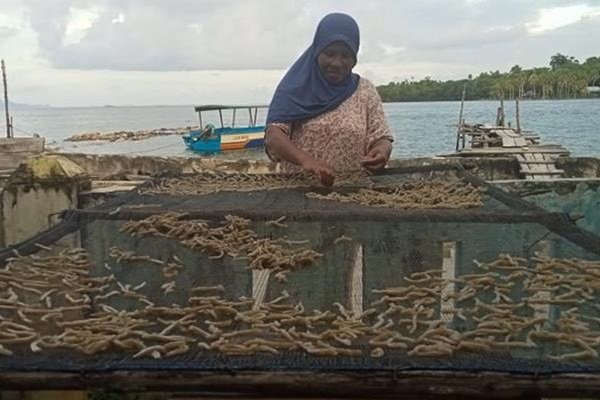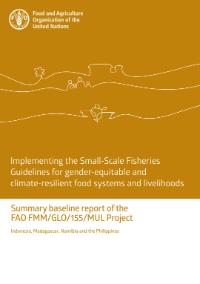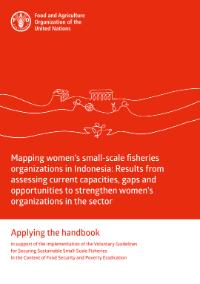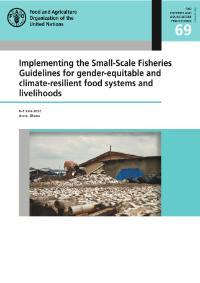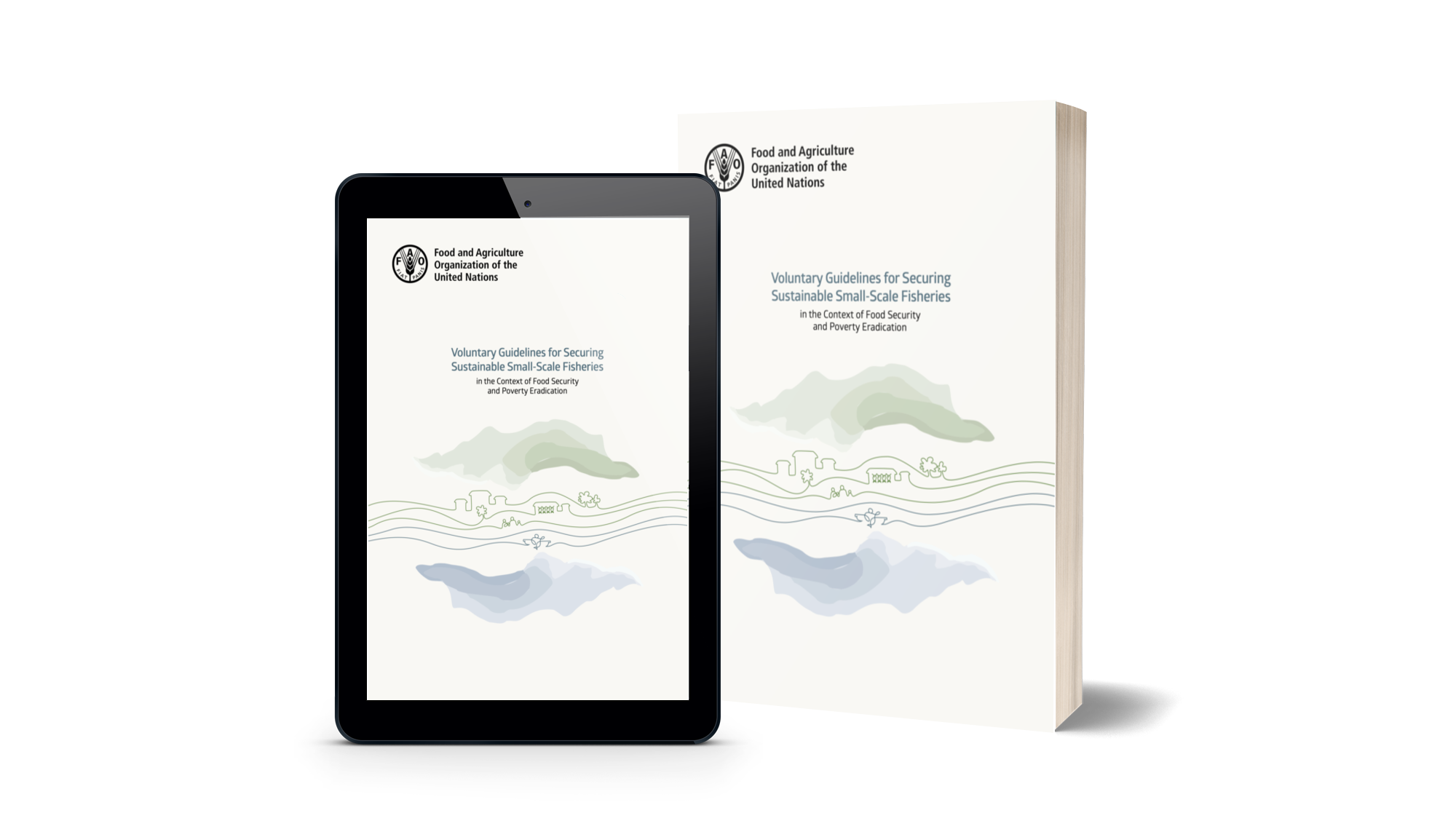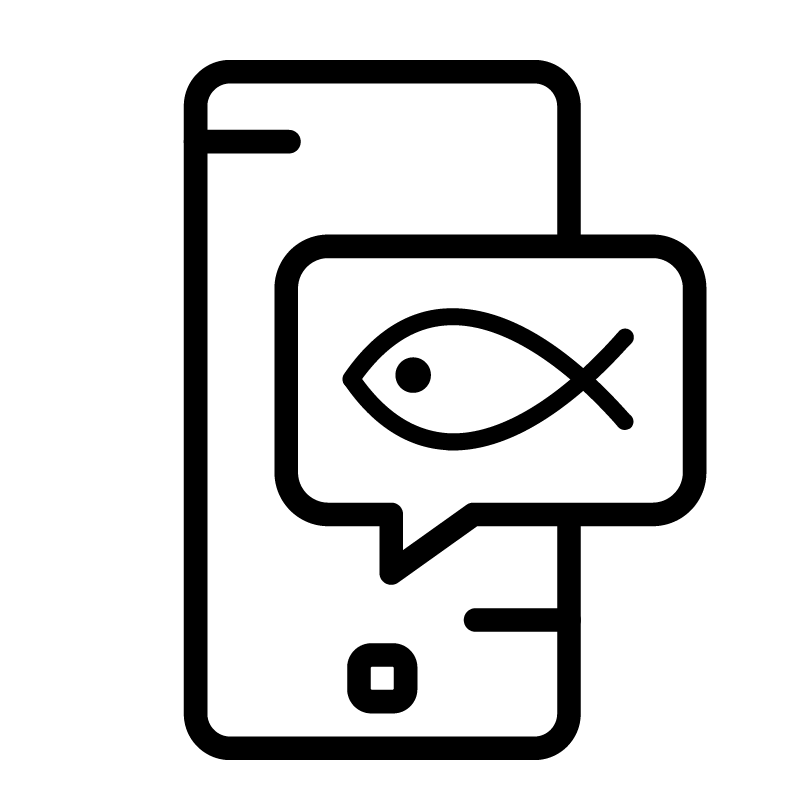Indonesia
Indonesia is not only the world’s largest archipelagic state, featuring small-scale fisheries with a wide range of varying characteristics, but it is also one of two Asian countries included in the FAO project titled “Implementing the Small-Scale Fisheries Guidelines for Gender-Equitable and Climate-Resilient Food Systems and Livelihoods”, a sub-programme of the FAO Flexible Voluntary Contributions fund (FVC). In Indonesia, small-scale fisheries account for nearly 90 percent of all aquatic products captured. These fishing activities are crucial to the lives and livelihoods of many and serve as an important source of nutrition and food security.
The project in Indonesia contributes to the food and livelihood security of smallholders and their households by integrating them into agricultural value chains that connect them to new market opportunities, particularly for fish-based products. To achieve this, the project conducted feasibility assessments and facilitated policy dialogues to support the promotion, design, and implementation of good manufacturing practices accessible to small-scale fisheries stakeholders.
Assessments were done through primary data collection on local resources available, including raw materials, financial support, existing working conditions, product design, and potential market opportunities for the intended products. The results of these assessments formed the basis for capacity development trainings for small-scale fisheries organizations and key stakeholders. These trainings aim to pilot new post-harvest handling activities among small-scale fisheries and fishworkers (particularly women) or to enhance existing ones. This was coupled with the strengthening of organizational capacities of local, regional, and national organizations, as well as trainings on improved fish processing and business practices. Additionally, five training videos on small-scale fisheries improved post-harvest practices were developed in Indonesia during the project.
Related publications
Related news
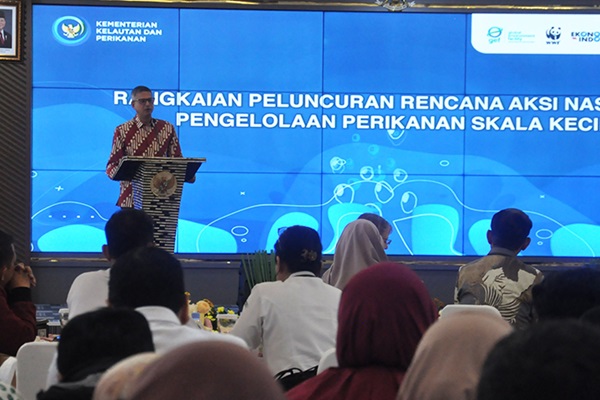
Indonesia launches National Action Plan for Small-Scale Fisheries
25/11/2025
In a major step toward strengthening the country’s coastal fishing communities and sustainable fisheries management, the Ministry of Marine Affairs and Fisheries of Indonesia (MMAF) has officially launched the National Action Plan for Small-Scale Fisheries Management (NPOA-SSF) on 5 November 2...
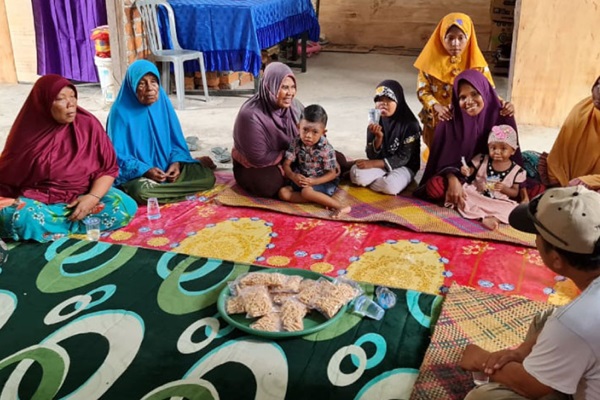
Women in Indonesia’s Raja Ampat transform their livelihoods by making fish crackers
21/11/2025
Fish crackers are a popular and nutritious snack in Indonesia, where they are often enjoyed alongside other seafood dishes. In the Raja Ampat Regency, a group of islands in the east of the archipelago country, crackers have become a key source of income for women in coastal communities who previously did not have the opportunity to earn their own money.
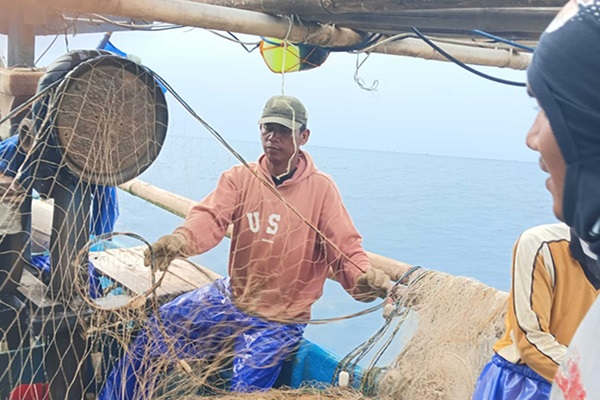
Passing the baton: bolstering young fishers’ roles for sustainable fisheries resources
23/02/2024
A small fisher, Agus Riyadi realized that the waters around Binuangen, West Java has high fisheries potentials and has been an essential source of livelihood for his family and local communities. “We need to protect the fisheries resources here and actively monitor their utilization, especiall...
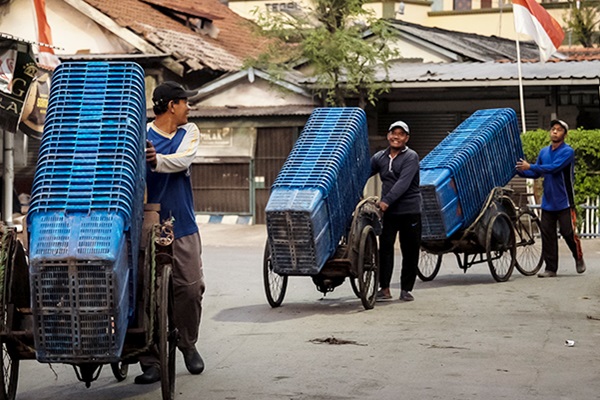
New videos available to boost training on improved post-harvest small-scale fisheries practices
19/12/2023
Written by: Patrick Kimani, Ansen Ward and Manoela Militão de Siqueira
A series of training videos have been created to promote peer-to-peer learning on improved post-harvest practices. Post-harvest practices refer to activities such as handling, process...
